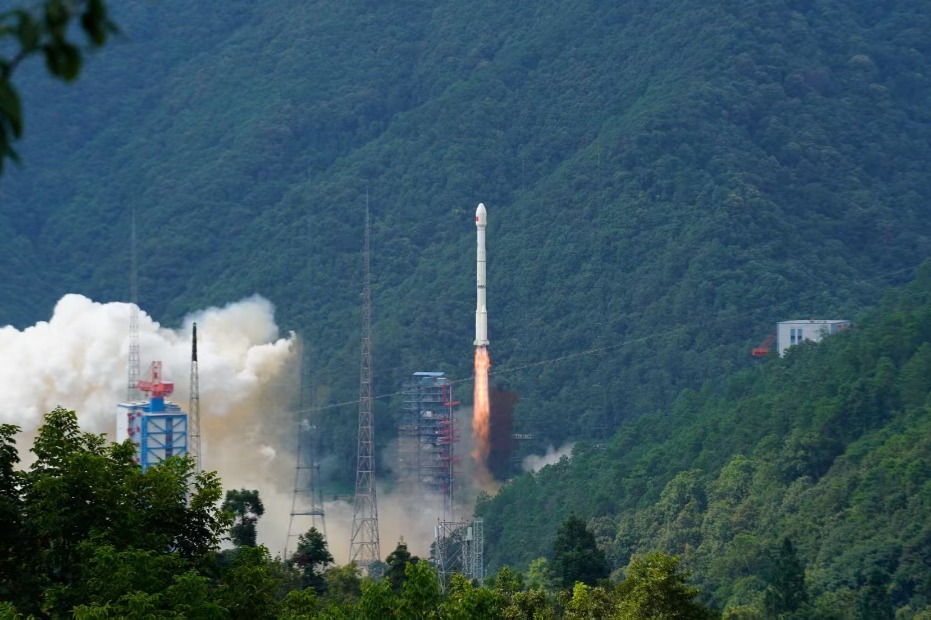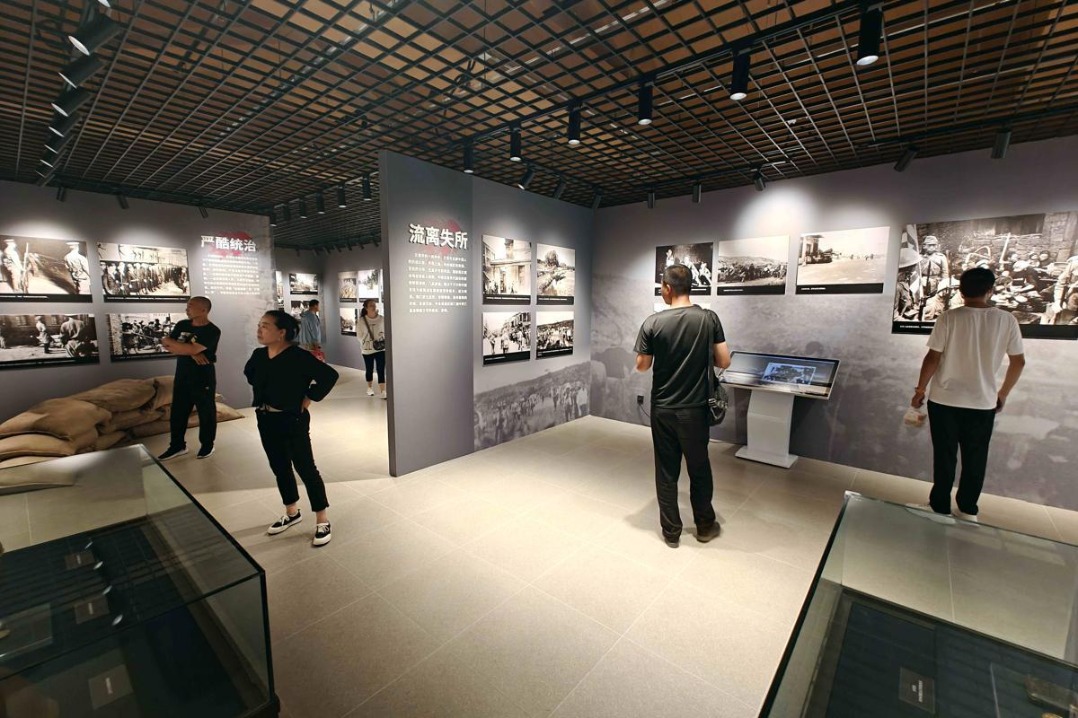Study illuminates subsoil carbon pool changes on Qinghai-Tibet Plateau

XINING -- Chinese researchers have revealed that the responses of subsoil organic carbon (SOC) to climate warming and cooling in alpine grasslands on the Qinghai-Tibet Plateau, are determined by its microbial community and not its molecular composition.
The study provides a new theoretical basis for better understanding and predicting the formation and changes of soil carbon pools in alpine grassland ecosystems against the backdrop of climate change, according to the Northwest Institute of Plateau Biology (NWIPB) under the Chinese Academy of Sciences.
The study was jointly conducted by researchers from multiple institutes and universities across China.
Sensitive to climate change, SOC pools in alpine grassland ecosystems play a key role in regulating the direction and magnitude of terrestrial carbon cycle-climate feedback, said Zhang Zhenhua, a researcher at the NWIPB.
Researchers carried out experiments at a field scientific observation station focusing on alpine grassland ecosystems, located in Haibei Tibetan autonomous prefecture in Northwest China's Qinghai province. Notably, they introduced diverse tech-measures to analyze and summarize experimental data.
They found substantial changes in SOC on the alpine grasslands over 16 years of soil warming and cooling -- with climate warming reducing SOC content by 8.5 percent, while cooling increased it by 7 percent.
Neither warming nor cooling significantly affected plant and microbial-derived molecular components in the subsurface soil.
Warming reduced SOC storage by directly increasing the fungal-to-bacterial biomass ratio and the gram-positive to gram-negative bacterial biomass ratio, while indirectly decreasing the soil carbon-to-nitrogen ratio. Cooling, in contrast, enhanced SOC storage primarily by decreasing the fungal-to-bacterial biomass ratio, the study revealed.
"This study provides novel insights into the key processes of carbon cycling in alpine grassland ecosystems on the Qinghai-Tibet Plateau under future complex climate change scenarios. It also establishes a new theoretical framework for predicting the dynamics of soil carbon pools," said Zhang.
"It reveals distinct microbial mechanisms involved in SOC responses to long-term climate warming and cooling -- holding scientific implications for enhancing soil carbon sequestration capacity and maintaining ecosystem service functions on the Qinghai-Tibet Plateau," Zhang added.
The study results have been published in the journal Ecology Letters.
- Global scientists discuss the role of big data in advancing UN goals
- Ferry routes and schools closed as Typhoon Tapah nears Guangdong
- Xi to attend BRICS leaders virtual meeting
- China activates emergency flood control response in Guangdong, Guangxi
- Australian expert lauds China as a global leader in nanoscience
- Freight train loaded with goods leaves Guangzhou as it heads to Europe




































